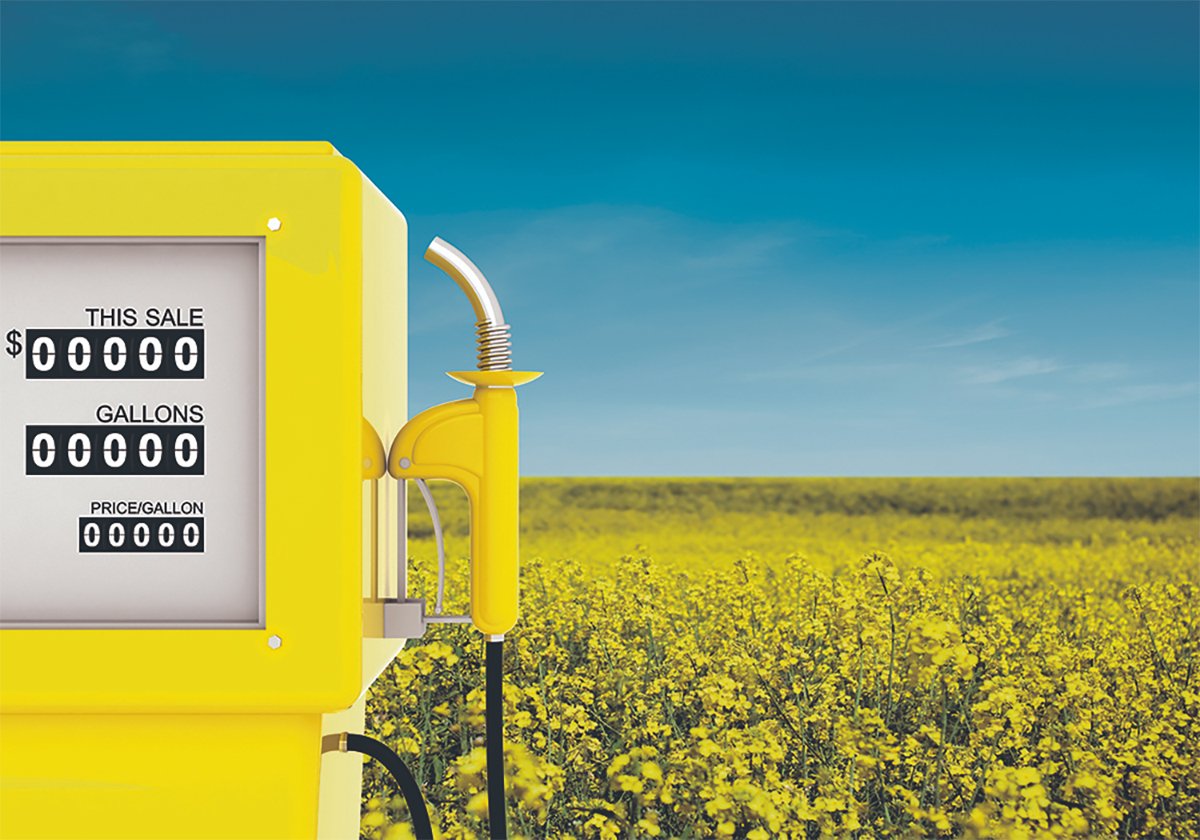Farmers probably won’t race down the gravel roads of Western Canada to dump off-the-combine crop into the elevator system.
That’s one of the few silver linings to the cloudy situation that so many Prairie farmers face — smaller-than-expected crops and adequate bin space are reducing the need to move crop fast.
“People having to sell right off the combine just won’t be a factor,” Neil Townsend, analyst with FarmLink Marketing, said after hearing reports from his company’s network of crop advisers.
“Across the board the crop is getting smaller in all of the majors,” he said. “Canola was going down, barley down, oats down, lentils up just a fraction, peas down, soybeans down, flax was down, corn was down, mustard was down.”
Read Also

Biofuel sector happy with federal budget
Advanced Biofuels Canada says new Biofuel Production Incentive is a lifeline until CFR amendments are in place.
The smaller crops, when combined with heavier than expected recent export sales of durum and wheat, low canola stocks and a general feeling that overall crop stocks are probably a bit lower than expected, means farmers should have plenty of room to store the 2017-18 crop.
That should allow farmers to market for cash flow and marketing plan reasons rather than to get rid of excess crop, which has been a challenge in recent years with huge crops, Townsend said.
John Duvenaud, publisher of the Wild Oats marketing newsletter, had similar opinions.
“Lack of bin space really won’t be a problem this year,” he said.
Farmers apparently did not keep excessive amounts of damaged 2016-17 crops. That goes against the theory that farmers would hang on to quality-damaged 2016 grain in the hope the 2017 crop would be better, providing more blending opportunities and fewer discounts.
“It just doesn’t seem to be something our guys are contemplating,” said Townsend.
Something else that might be more rare than earlier expected is the use of grain bags, he said. Many farmers had troubles preserving quality after bagging grain, and with lots of bin space available, there will be less bagged grain, Townsend said.















